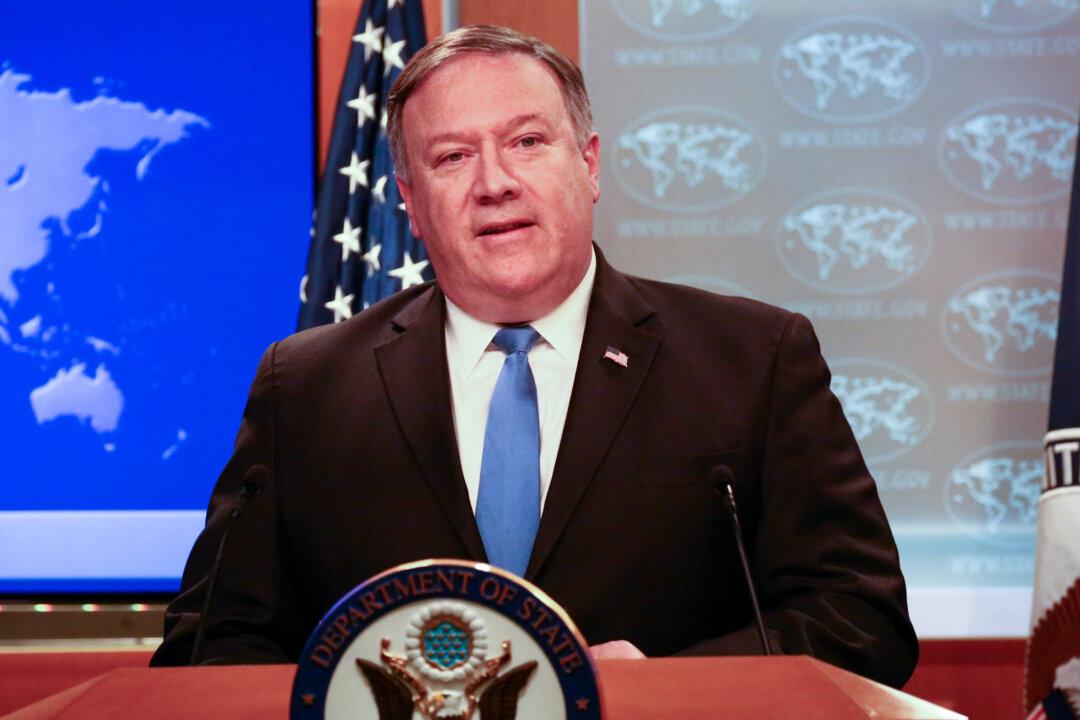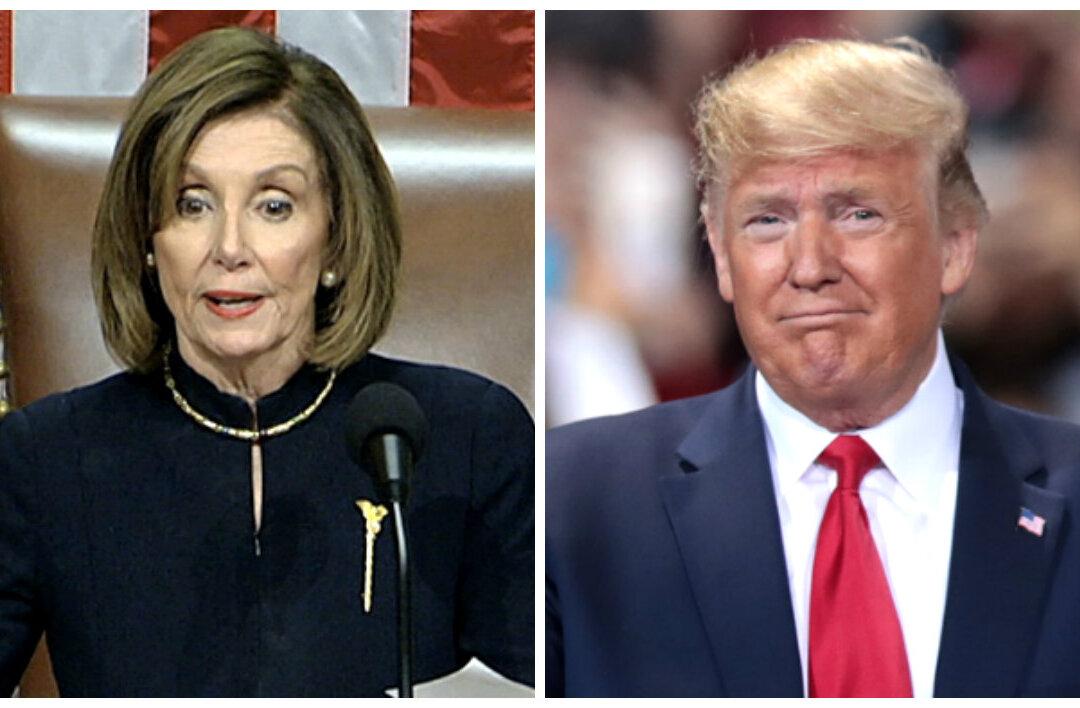The U.S. State Department said for the first time that it has a deadline for North Korea to denuclearize: January 2021, according to comments by Secretary of State Mike Pompeo.
The deadline was announced as South Korean President Moon Jae-in and his North Korean counterpart, Kim Jong Un, wrapped up a three-day summit in Pyongyang.





